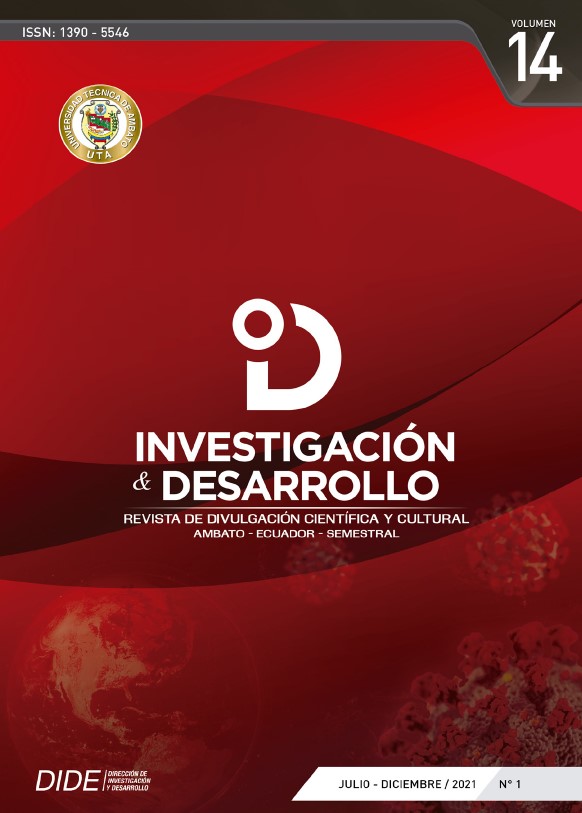PSYCHOSOCIAL CORRELATES OF QUARANTINE DUE TO COVID-19 IN ARGENTINE AND ECUADORIAN ADULTS Manuscrito recibido: 01/09/2020 Aceptado: 29/04/2021
Main Article Content
Abstract
The SARS-coV-2 virus radically changed the lives of humans around the world. Quarantine or isolation is the only effective measure to date. However, prolonged isolation has negative psychosocial effects. Thus, the present research aimed to evaluate the levels of anxiety, stress, and depression in isolated people and to determine if various demographic factors introduced differences in this regard. For this purpose, an intentional sample of 539 adults from Argentina (69%) and Ecuador (31%) was constituted. 32% were male and 72% female. The mean age was 32.3 (SD = 12.4; with ages 18 to 78 years). Participants responded to the Lovibond and Lovibond (1995) DASS-21 questionnaire, the Templer Death Anxiety Scale (1970), and demographic questions. Anonymity and confidentiality of the results was ensured. The data were analyzed with the SPSS 23 program. Regarding the results, 5% indicated having suffered symptoms of COVID-19, 17% indicated that they were in the risk group, 41% indicated that they lived with people in this group and 1% had interacted with people with symptoms. Regarding anxiety, death, depression, anxiety and stress scores, these vary according to having suffered symptoms of COVID-19, being in the risk group and residing with people in that group and having their income affected by the quarantine. Also, the longer the isolation, the greater the psychosocial impact. Ecuadorian population showed higher levels of anxiety, stress, and depression.
Downloads
Article Details

This work is licensed under a Creative Commons Attribution 4.0 International License.


